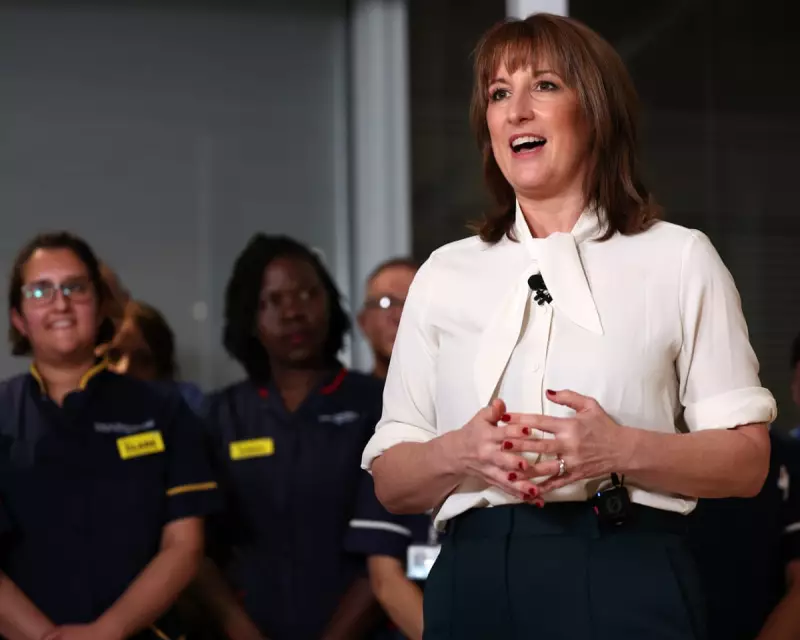
In a dramatic shift from Conservative welfare policy, Chancellor Rachel Reeves has announced the complete abolition of the controversial two-child benefit cap in her first budget. The move sparked jubilant celebrations among Labour MPs who had long campaigned against what they described as a "cruel" policy affecting hundreds of thousands of children.
Budget Day Triumph for Labour Backbenchers
The momentous decision was revealed during Reeves' Commons address on Wednesday, November 26th, 2025. The two-child limit, introduced by the Conservative government in 2017, had restricted child tax credit and Universal Credit to the first two children in a family. Labour's manifesto had conspicuously avoided committing to scrap the policy, making its sudden abolition particularly significant.
As Reeves made the announcement, the government benches erupted in applause and visible relief. Many Labour MPs had been privately lobbying ministers for months, arguing the policy contradicted their party's core values and disproportionately impacted working families.
The Human Impact of Policy Change
Campaigners and anti-poverty organisations immediately welcomed the move, highlighting its transformative potential for struggling households. Research indicates approximately 1.5 million children live in families affected by the cap, with many parents forced to choose between heating their homes and feeding their children.
The policy reversal means that from April 2026, families claiming benefits will receive support for all children in their household. For a third child, this translates to approximately £3,235 per year additional support - a substantial sum for households living below the poverty line.
One backbench Labour MP described the atmosphere as "electric," telling colleagues: "This is why we came into politics - to make tangible differences to people's lives." The decision represents a major victory for the left wing of the party, who had made scrapping the cap their primary budget demand.
Broader Economic Context
The abolition forms part of a broader budget package designed to support low-income families while maintaining fiscal responsibility. Rachel Reeves emphasised that the move would be fully costed, though the Treasury has not immediately disclosed how the measure will be funded.
Economic analysts suggest the policy change could reduce child poverty by approximately 250,000 children, representing one of the most significant anti-poverty measures in recent years. The decision aligns with Labour's "moral mission" to tackle inequality while stimulating economic growth through increased household spending.
Critics from opposition parties have questioned the timing and cost of the measure, arguing it places additional strain on public finances. However, government sources counter that investing in children's wellbeing yields long-term economic benefits through improved health and educational outcomes.
The budget announcement marks a definitive break with austerity-era welfare policies and establishes Labour's distinctive approach to social security. As MPs celebrated in Westminster corridors, the message to families across Britain was clear: the new government is prioritising support for all children, regardless of their birth order.






